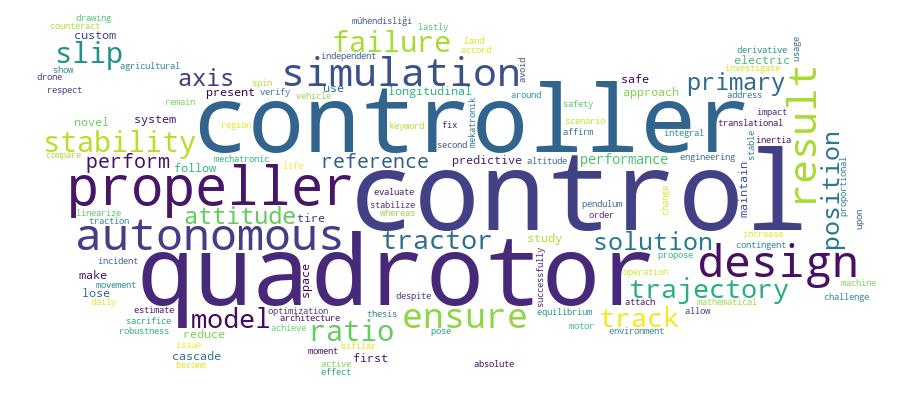Altınuç, Kemal Orçun
Loading...
Profile URL
Name Variants
Kemal Orçun, Altınuç
K., Altinuc
K.,Altınuç
A., Kemal Orçun
Altınuç, Kemal Orçun
K. O. Altınuç
Kemal Orcun, Altinuc
K.O.Altinuc
Altinuç, Kemal Orçun
Altinuc,K.O.
A.,Kemal Orçun
K. O. Altinuc
Altınuç,K.O.
A., Kemal Orcun
Altinuc, Kemal Orcun
K.,Altinuç
Kemal Orçun, Altinuç
K. O. Altinuç
K.O.Altınuç
A.,Kemal Orcun
K., Altinuc
K.,Altınuç
A., Kemal Orçun
Altınuç, Kemal Orçun
K. O. Altınuç
Kemal Orcun, Altinuc
K.O.Altinuc
Altinuç, Kemal Orçun
Altinuc,K.O.
A.,Kemal Orçun
K. O. Altinuc
Altınuç,K.O.
A., Kemal Orcun
Altinuc, Kemal Orcun
K.,Altinuç
Kemal Orçun, Altinuç
K. O. Altinuç
K.O.Altınuç
A.,Kemal Orcun
Job Title
Araştırma Görevlisi
Email Address
orcun.altinuc@atilim.edu.tr
Main Affiliation
Mechatronics Engineering
Status
Website
ORCID ID
Scopus Author ID
Turkish CoHE Profile ID
Google Scholar ID
WoS Researcher ID
Sustainable Development Goals
SDG data is not available

This researcher does not have a Scopus ID.

Documents
2
Citations
5

Scholarly Output
3
Articles
1
Views / Downloads
17/375
Supervised MSc Theses
1
Supervised PhD Theses
0
WoS Citation Count
5
Scopus Citation Count
5
WoS h-index
1
Scopus h-index
1
Patents
0
Projects
0
WoS Citations per Publication
1.67
Scopus Citations per Publication
1.67
Open Access Source
1
Supervised Theses
1
Google Analytics Visitor Traffic
| Journal | Count |
|---|---|
| 32nd IEEE Signal Processing and Communications Applications Conference (SIU) -- MAY 15-18, 2024 -- Tarsus Univ Campus, Mersin, TURKEY | 1 |
| PLOS ONE | 1 |
Current Page: 1 / 1
Competency Cloud


